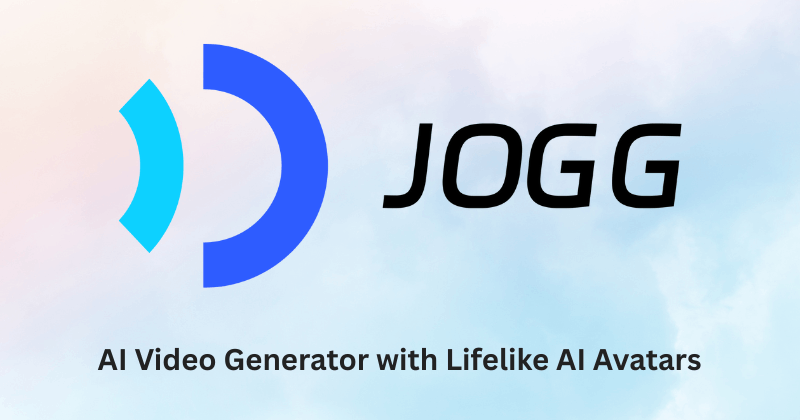While Silicon Valley scrambles for AI supremacy, Meta’s Superintelligence Labs (MSL) isn’t messing around. This isn’t some hobby project or a side hustle. Under the watchful eyes of Alexandr Wang and Nat Friedman, MSL is a fortress of nearly two dozen top-tier researchers snatched from the crème de la crème of AI powerhouses like OpenAI, Google, and Anthropic. They’re not just building toys—they’re crafting foundation models designed to push AI capabilities into uncharted territory.
Meta’s recruitment strategy? Oh, just throwing around signing bonuses up to $100 million. No big deal. That’s not a typo. It’s a brutal battlefield for AI talent, and Meta’s playing to win. They’re scooping up the best minds who actually know what they’re doing. Take Trapit Bansal, for example. The guy pioneered reinforcement learning methods at OpenAI, now lending his brainpower to MSL. Or Shuchao Bi, co-creator of the GPT-4o voice mode—yeah, that’s the real deal right there.
Meta’s dropping $100 million bonuses to snag AI legends like Trapit Bansal and Shuchao Bi—no joke, all in for victory.
The mission is clear: build personal superintelligence that’s accessible to everyone. Not just some sci-fi fantasy locked away behind corporate walls. This is about pushing the envelope on foundation models, making AI smarter, faster, and more useful.
And Meta’s infrastructure? Massive. They’re leveraging it ruthlessly, turning their resources into serious horsepower for innovation.
You’ve probably heard of the Llama models. Well, MSL is behind Llama 4.1 and 4.2, powering AI for over a billion monthly active users. That’s not just impressive; it’s borderline insane.
Meta’s Superintelligence Labs isn’t just keeping up—they’re setting the pace. While others waffle, MSL is sprinting, fueled by top talent, deep pockets, and a no-nonsense approach to AI. The future? It’s personal superintelligence, and Meta’s got the keys.








